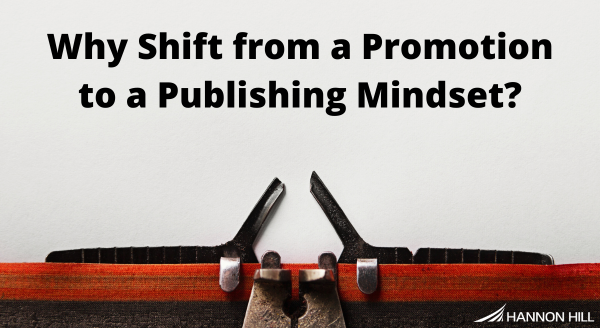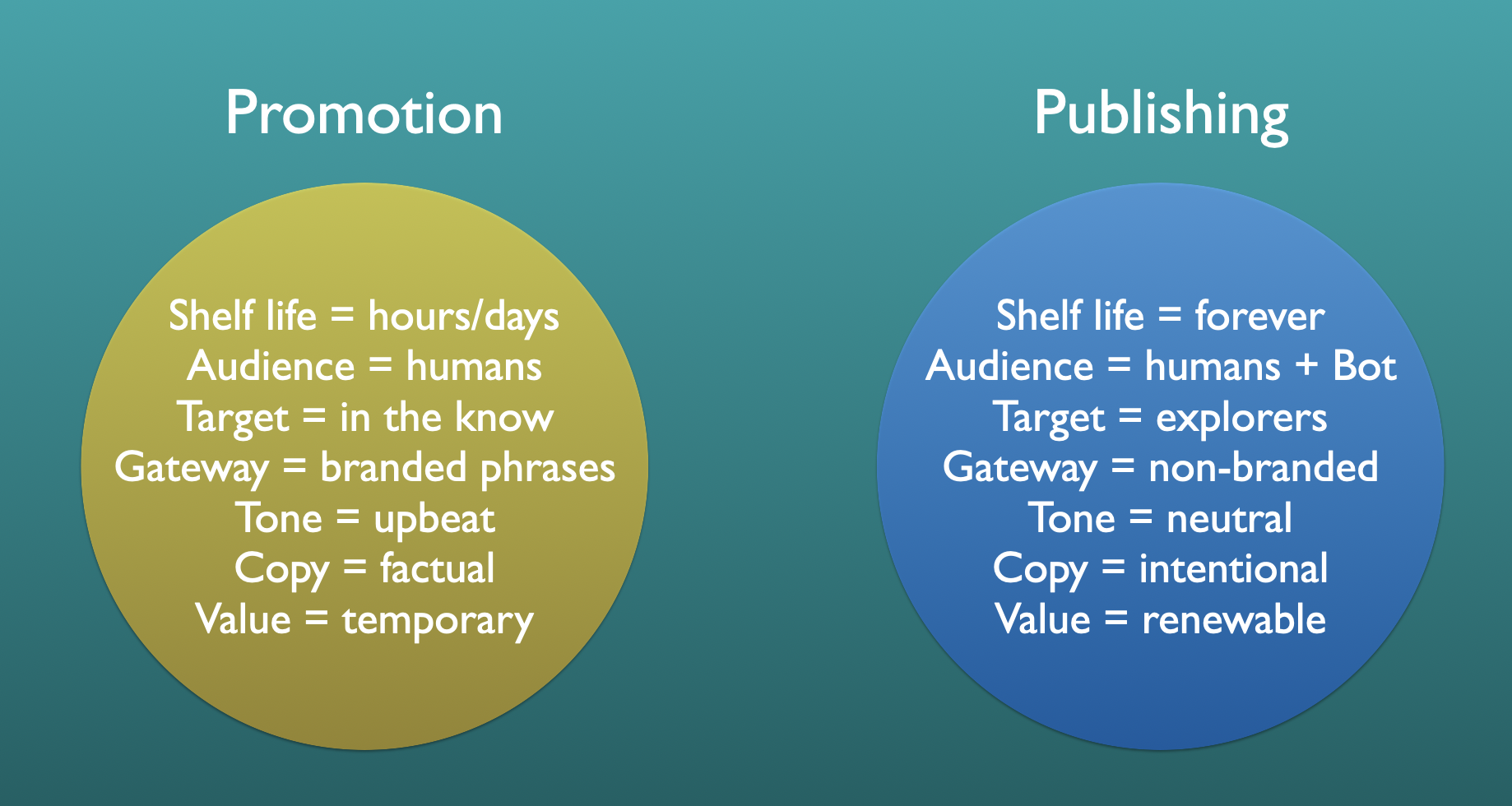
As someone who worked in newspaper and magazine journalism before migrating into digital communication, I resist catchphrases such as content marketing, inbound marketing and, most worrisome, brand journalism.
Such phrases, in my view, encourage the production of content as a commodity. Not that marketers — including those leading colleges and universities — need much encouragement.
Faced with changing customer demographics, profound market disruptions, fierce page one Google battles, and growing customer ambivalence — higher education has responded with an avalanche of promotional content.
Some will argue that such trends are inevitable for a variety of reasons. Feeding social channels requires a new level of content frequency and timeliness — and different audience expectations regarding length, tone and voice.
Others might say that higher education simply follows the lead of other markets (sports, travel, beauty, fashion, politics) that favor content quantity over quality.
Maybe.
But I make the case that higher education carries both a different responsibility to its audience (prospective students, donors and partners) and has more at stake in terms of reputation management and brand building.
Against this tide, I turn to neuroscience for affirmation that humans remain naturally wired for story. Functional MRI studies show that our brains react in fundamentally different ways to information and story.
Read someone's low-grade blog content, and the brain idles.
Read the same person a story, and the brain lights up with activity.
Author Annette Simmons captured the audience's mood in her book The Story Factor:
"People don't want more information," she writes. "They are up to their eyeballs in information. They want faith – faith in you, your goals, your success, in the story you tell."

The shift from a promotional mindset to a publishing mindset is more nuanced than it might sound.
Many assume that publishing translates to longer and weightier content.
Not so.
Here are my top three reasons to consider shifting from a promotional mindset to a publishing mindset.
Publishing quality, productive, and intentional content needs to become an organization-wide habit.
It requires hiring different talents and managing for a different outcome.
It involves seeing your institution and your role through a different lens… one that places college presidents, faculty, researchers, and alumni as characters in a broader and content strategy and larger institutional story.
Todd Erkel leads the content team at Elliance, where he partners with college and university presidents and guides advancement teams and marketing/enrollment departments through priority strategic communication projects.
As the son of an interstate Trailways driver, Todd spent his formative years being road-schooled in truck stops and bus depots across major cities and remote American outposts. In the process, he learned to listen and observe the complexity of the human condition and our universal draw to stories.
Todd will co-present a webinar titled Web Smart Writing on Wednesday, September 20 at 1 p.m. (EST) with Moderator Kat Liendgens, CEO of Hannon Hill. Registration information here:
https://hannonhill.zoom.us/webinar/register/6816923245312/WN_oDNvP0PUQcKOMHNNYUjp-g#/registration
Last Updated: Sep 14, 2023 11:00 AM